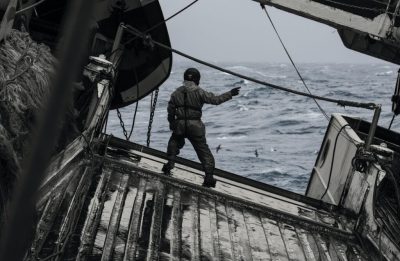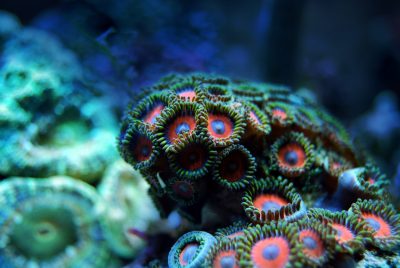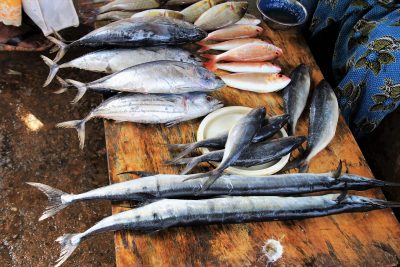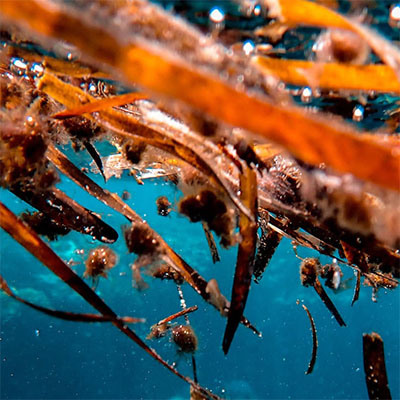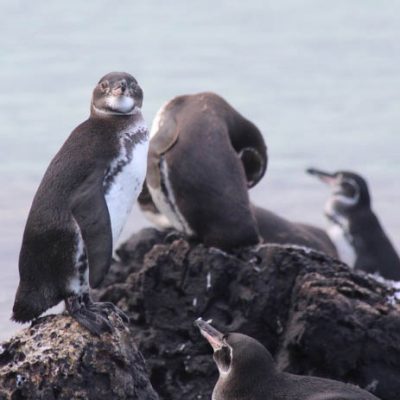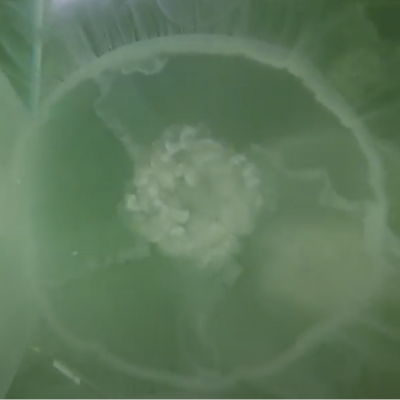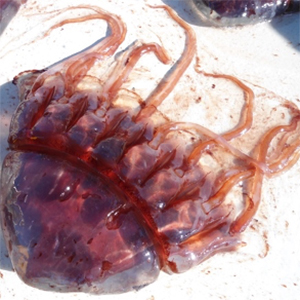Fish buffered from recent marine heatwaves, showing there’s still time to act on climate change
Fish were surprisingly resilient to marine heatwaves before 2019, highlighting the need to keep seas from warming further, according to new research.
In climate change talks and development goals, the tropical majority must be recognized and respected
We are in the UN Decade of Ocean Science and that means prioritizing diversity and inclusion in all decision-making processes
European fisheries under threat, climate change may impact on future catch
Without rapid adaptation or aggressive mitigation tactics, climate change is projected to induce profound negative consequences on future fisheries production in Europe.
Science belongs in global policy, UNEP must change eligibility requirements
Researchers are urging the United Nations to get rid of stringent entry requirements for government-funded scientists at independent institutions to allow for greater scientific input on climate change mitigation.
Macroalgae have a complex tale to tell about coral reef health
The amount of macroalgae (the group to which seaweed belongs) covering coral reefs is not always an accurate indicator of human disturbance.
‘This is a wake-up call for the world’: UBC researchers at the forefront of championing for change
The Galápagos islands are under severe threat from ocean pollution, climate change, and illegal, unregulated, and unreported (IUU) fishing pressures
Op-ed: To Prove its Climate and Biodiversity Ambitions the EU Must Protect the Ocean’s Carbon Engineers
An op-ed article by Drs. William Cheung and Rashid Sumaila regarding the UN Convention on Biological Diversity, or COP15, that is currently taking place opened in Montreal.
Kx Spotlight – Collaboration, the key to fighting climate change
With partnerships spanning across disciplines, sectors and borders, and with academics and non-academics (including Indigenous communities, NGOs, policy makers, businesses and media) collaboration is at the centre of their work.
Climate change may mean more jellyfish in our oceans
On World Jellyfish Day, as climate change kills off competition, jellyfish numbers may rise. UBC researcher Jessica Schaub is working on increasing what we know about these marine creatures and their future.
Jellyfish and gelatinous zooplankton need to be a part of climate change conversations
On World Jellyfish Day, UBC researcher Florian Lüskow, who focuses on freshwater jellyfish says that existing models often poorly include, and heavily oversimplify, these gelatinous organisms.
